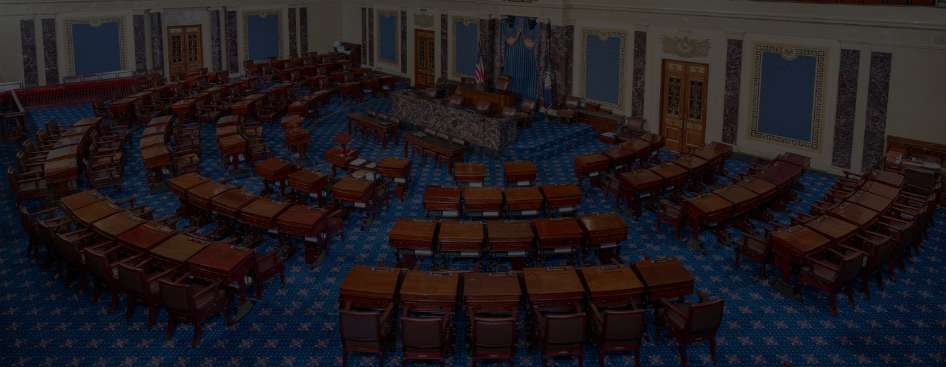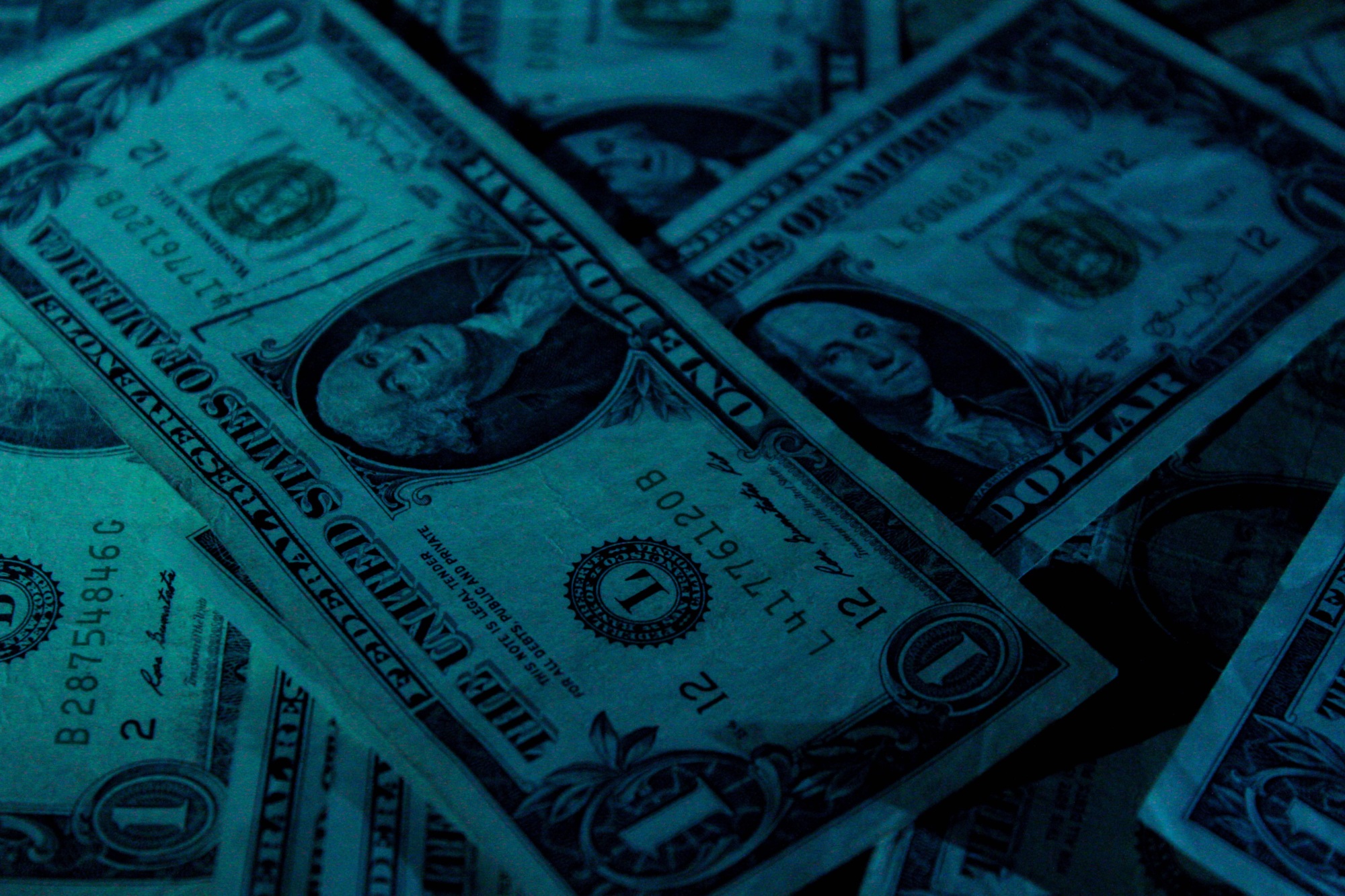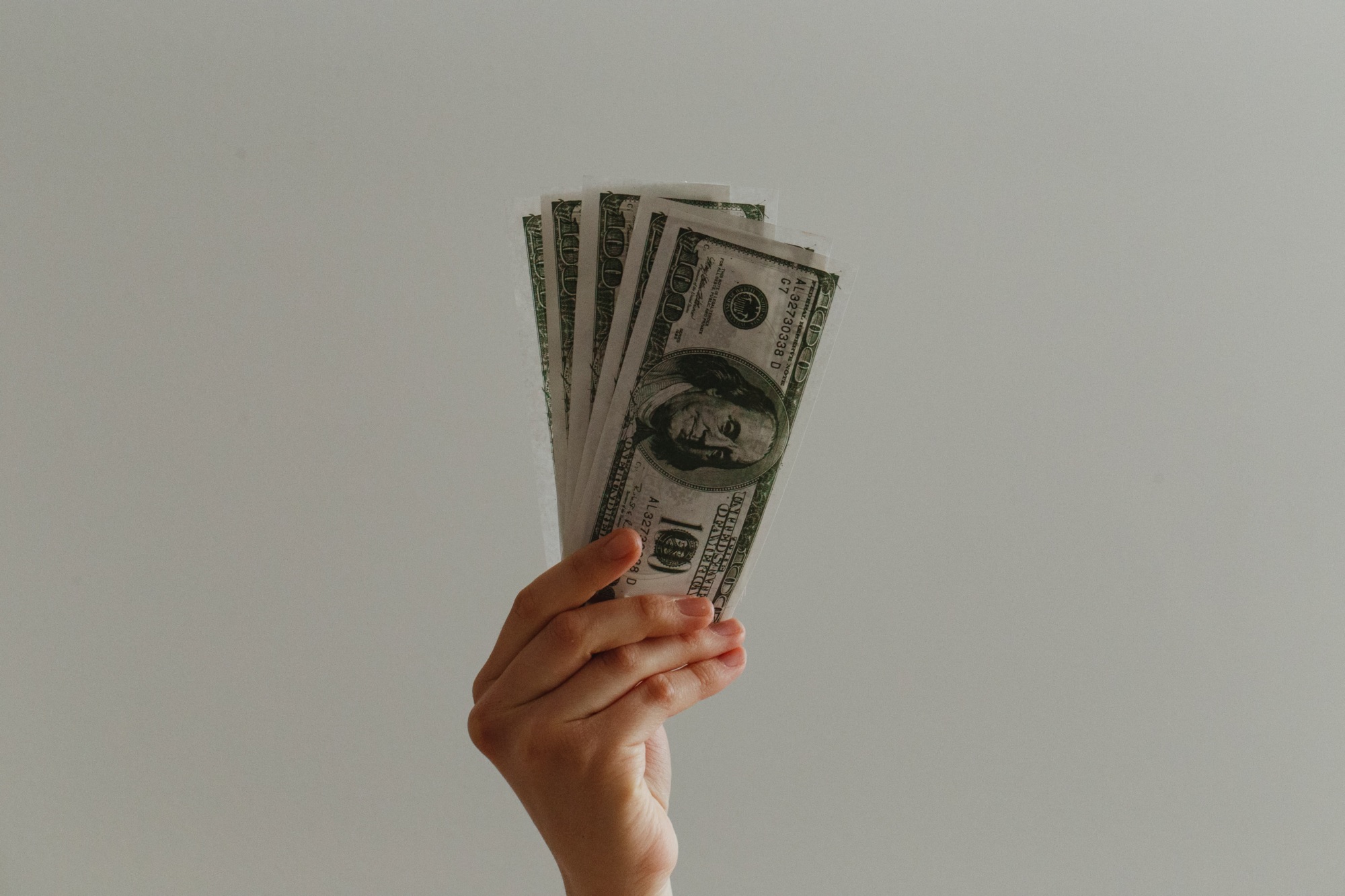
Podcast episodes
Swamp Stories Episode 31: Regularly Given
Every four years on January 6th, Congress convenes, with the vice president presiding, to carry out an important but ministerial aspect of the peaceful transfer of power. Per the U.S.…
Podcast episodes
“Let me give it to you straight: Over the last decade it has become commonplace in Washington for people who lobby the government to avoid registering as lobbyists, thus preventing the public from knowing who is paying them and for what purposes.”
The influence industry looms large in policymaking in Washington, DC, and the big players are lobbyists.
Because of legal loopholes, more people than ever who make a living lobbying Congress are skirting the rules with impunity to avoid registering as a lobbyist and wearing the scarlet “L.” This keeps the public in the dark about who is attempting to influence lawmakers and what they are advocating for.
In episode 12, Weston wades into the world of “shadow lobbying” to give listeners an inside look into what lobbying actually means, how influencers are able to easily get around the rules, and introduces us to a Republican and a Democrat who are working to close loopholes to ensure that the way decisions are made is transparent for Americans.
Listeners will hear from:
Check out this week’s episode, “Shadow Lobbying,” to learn more about this shady practice and the bipartisan effort to close the loopholes that allow it.
This episode begins with a message about the killing of George Floyd. Read Issue One’s statement here.
Issues: Lobbying Reform, Swamp Stories Podcast
Podcast episodes
Every four years on January 6th, Congress convenes, with the vice president presiding, to carry out an important but ministerial aspect of the peaceful transfer of power. Per the U.S.…
Podcast episodes
There is an emerging trend in the world of political fundraising — grifters preying on the elderly and others with fake campaigns. The worst part? There are barely any…
Podcast episodes
Since Citizens United, just 12 megadonors, six Democrats and six Republicans, contributed a combined $3.4 billion to federal candidates and political groups — accounting for about $1 of every…



